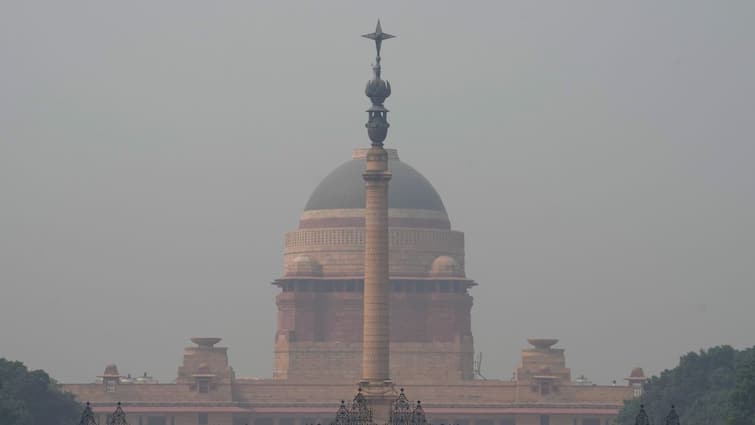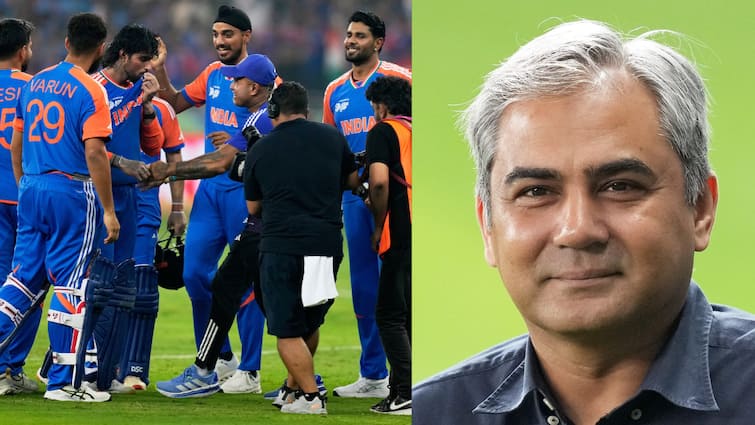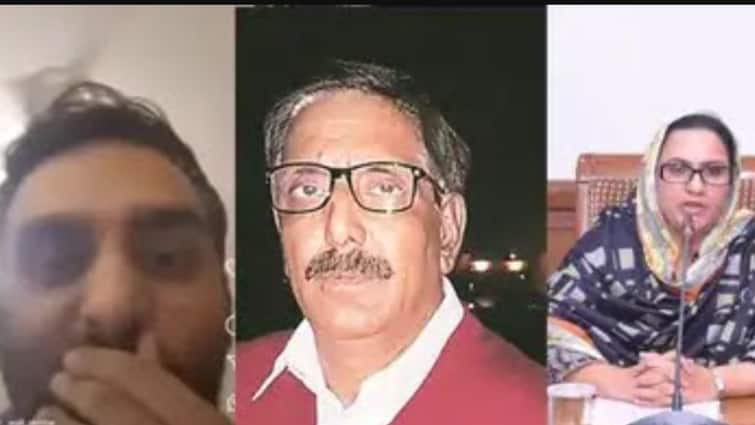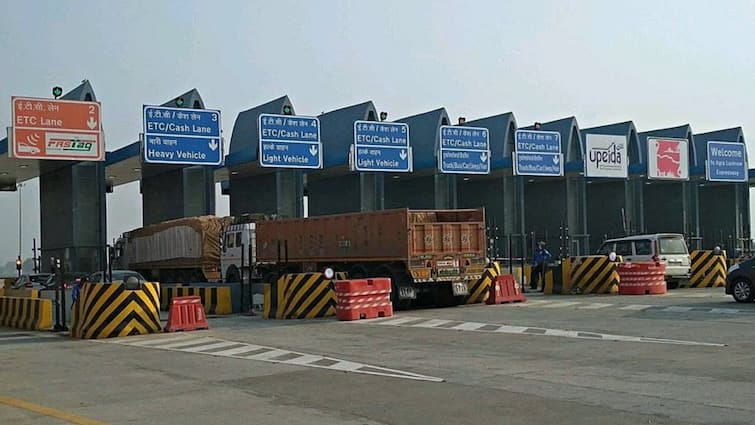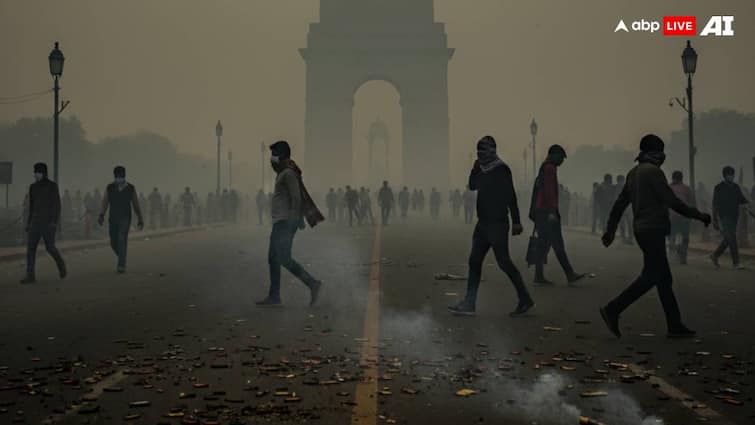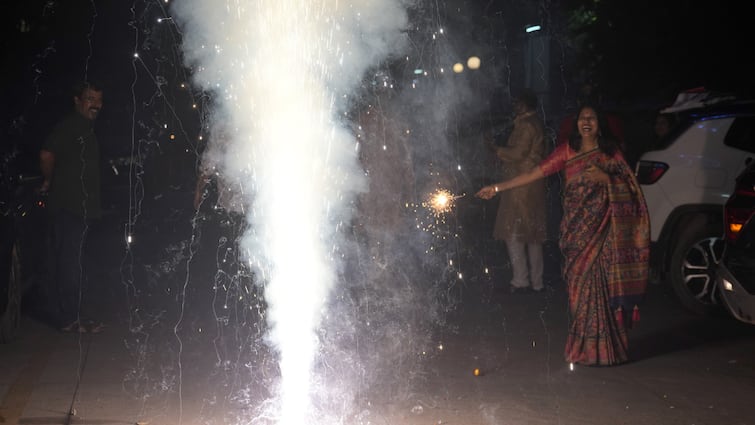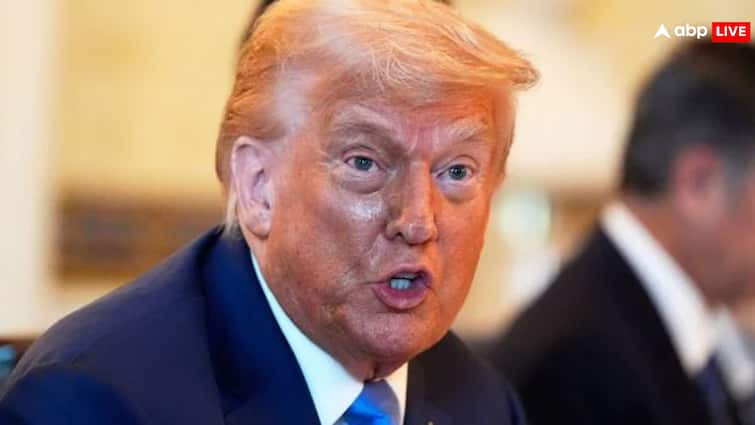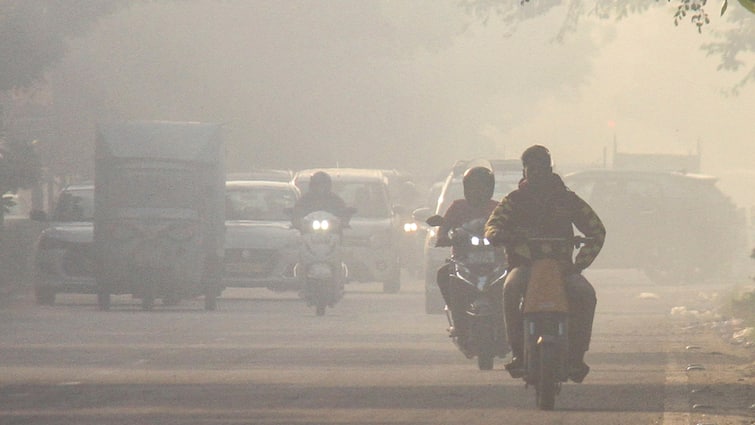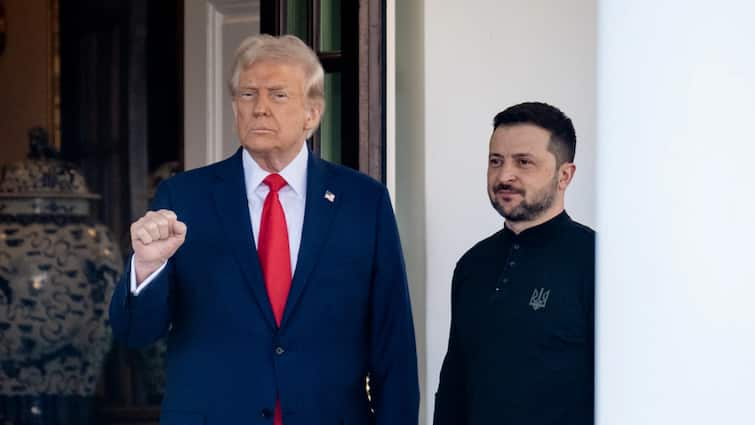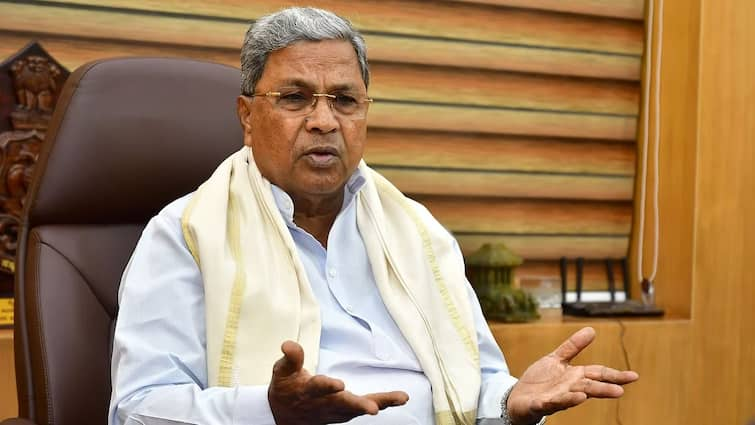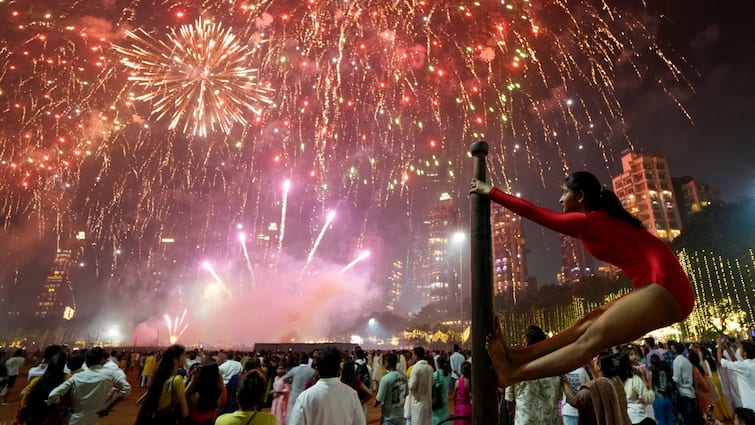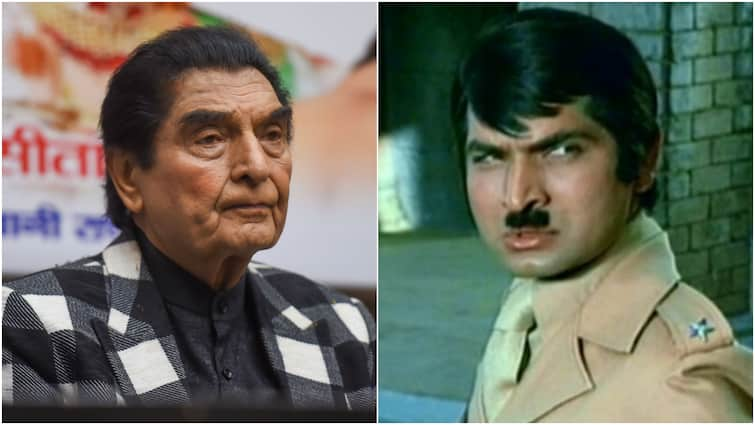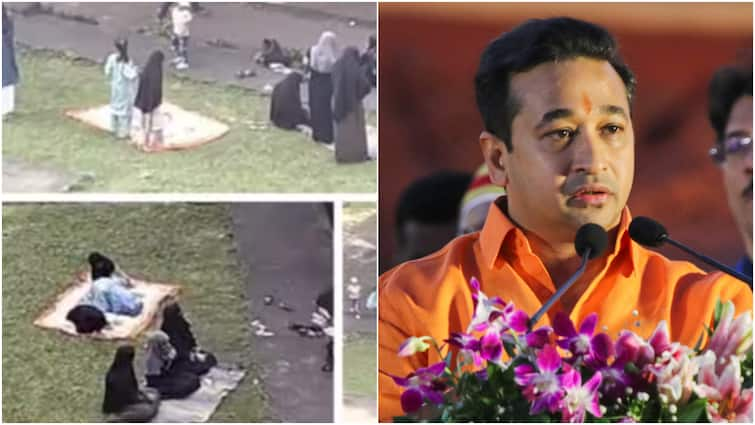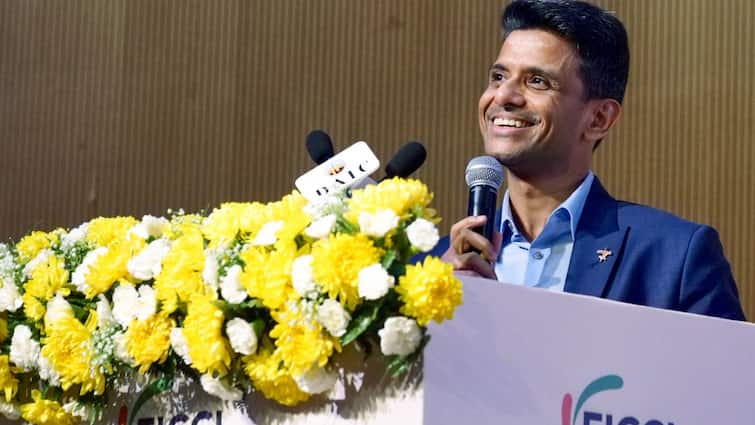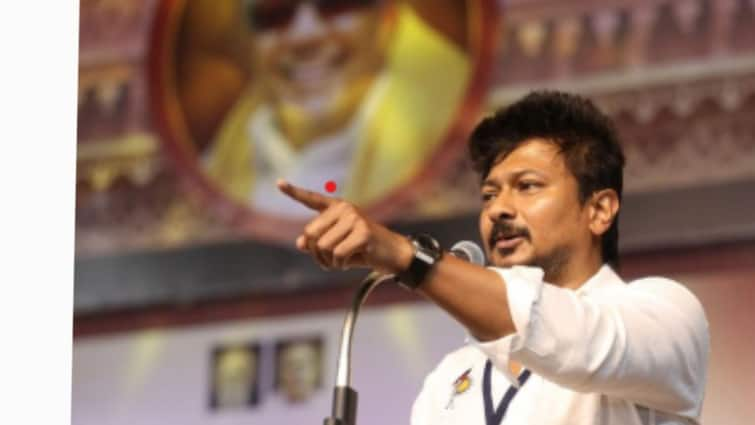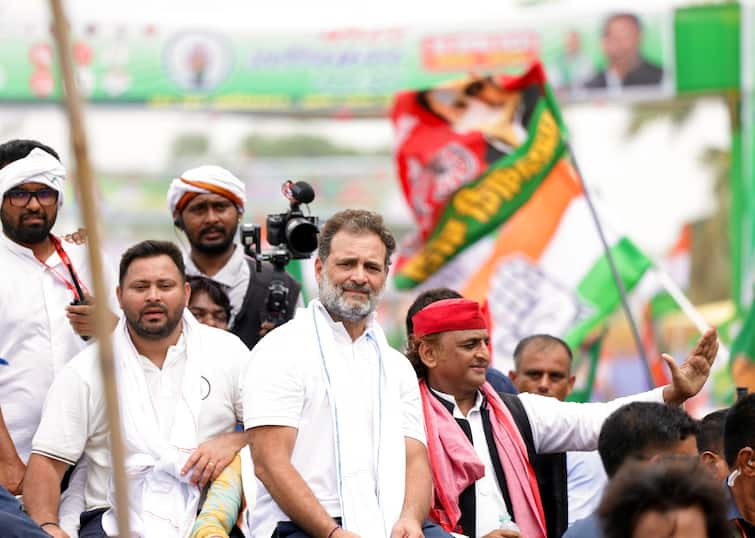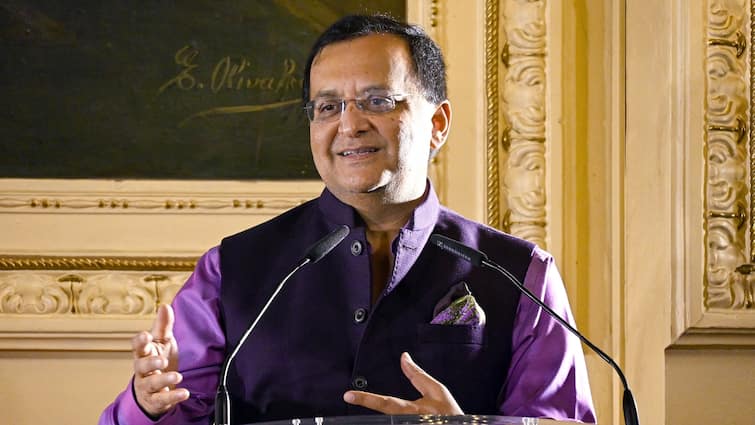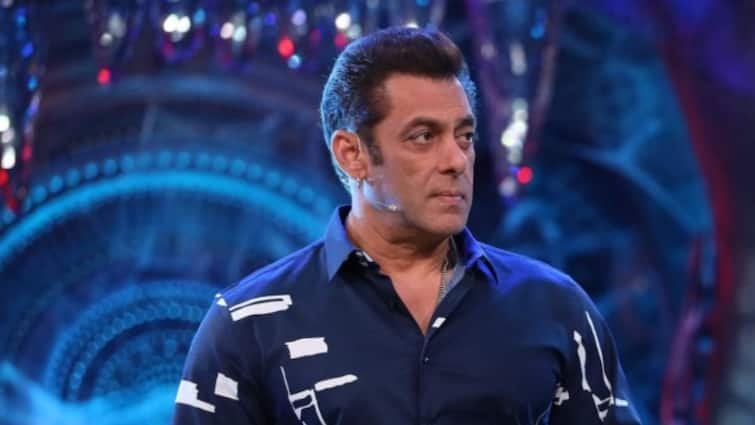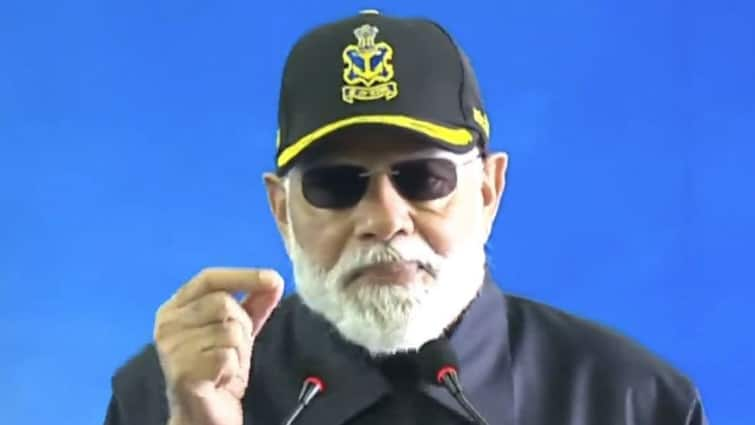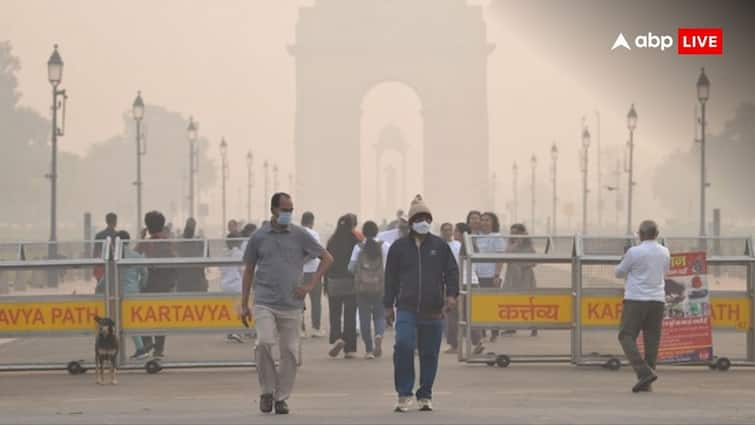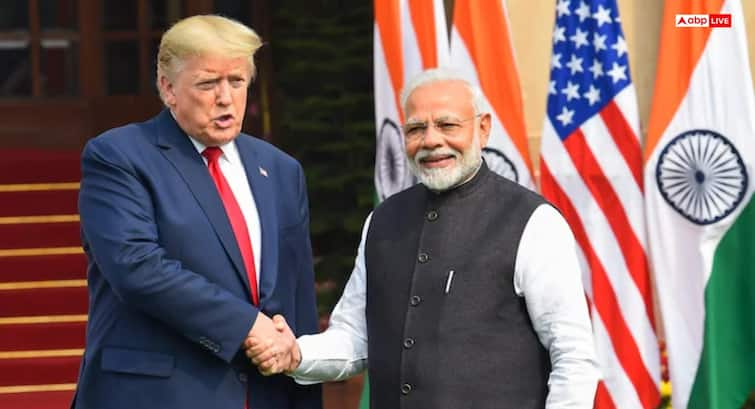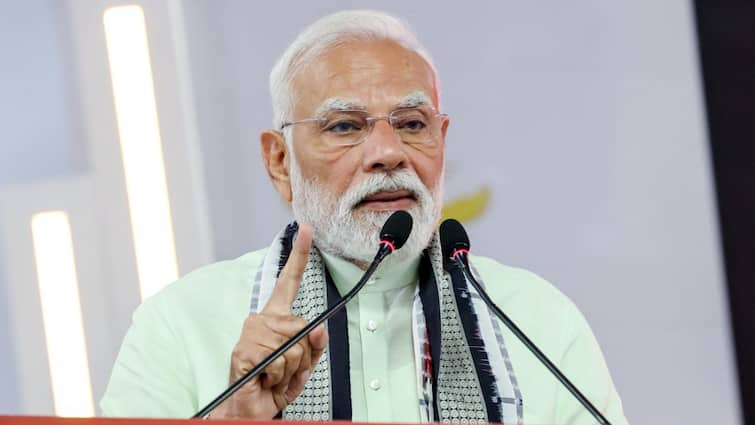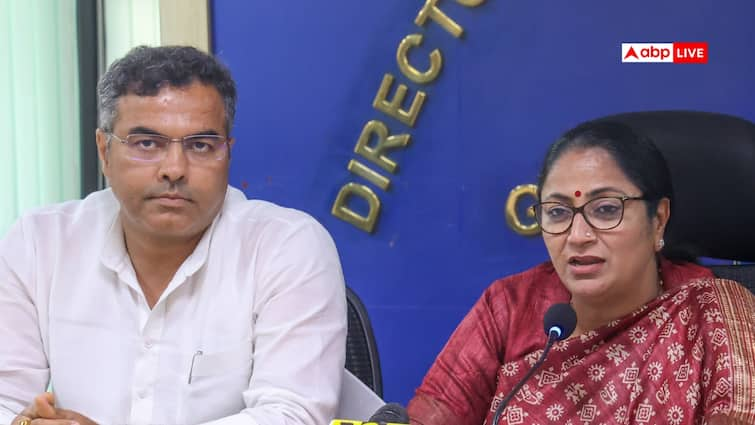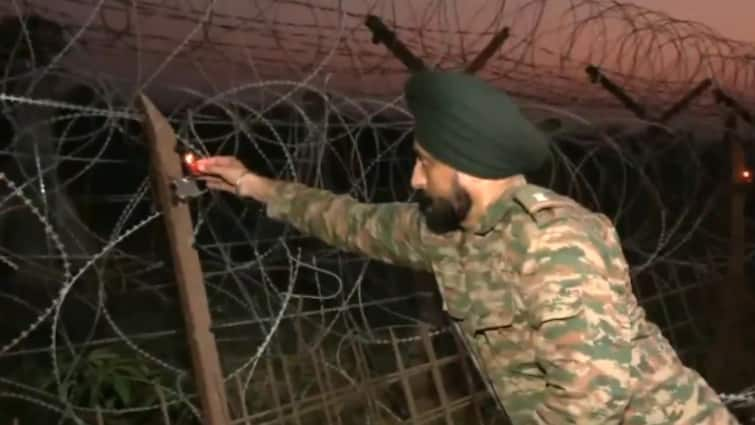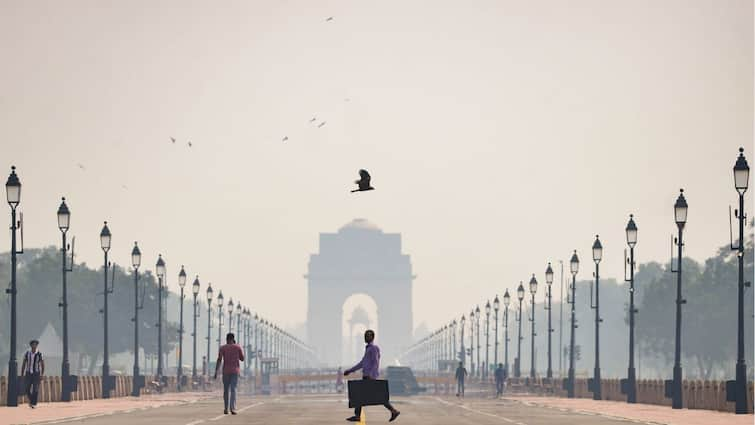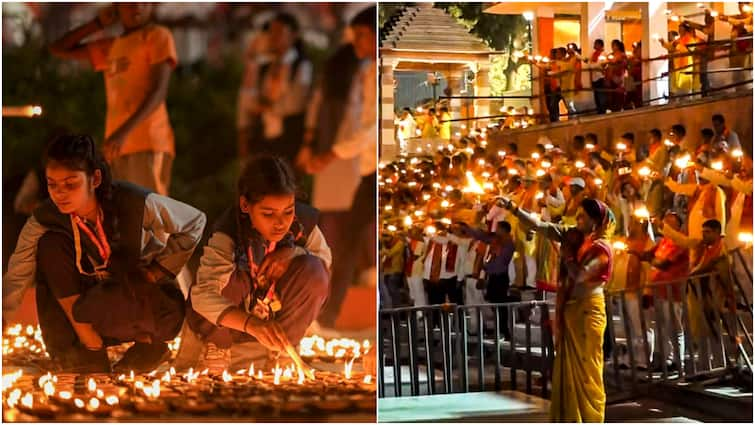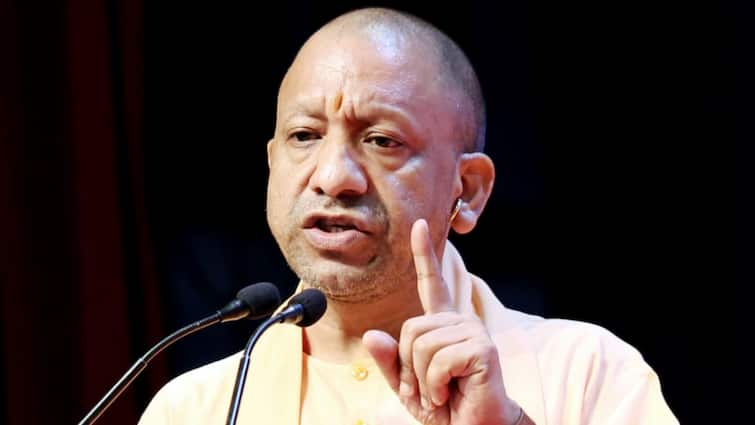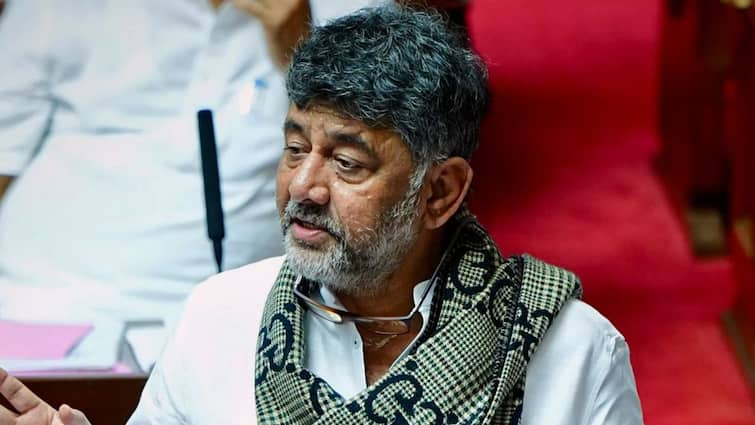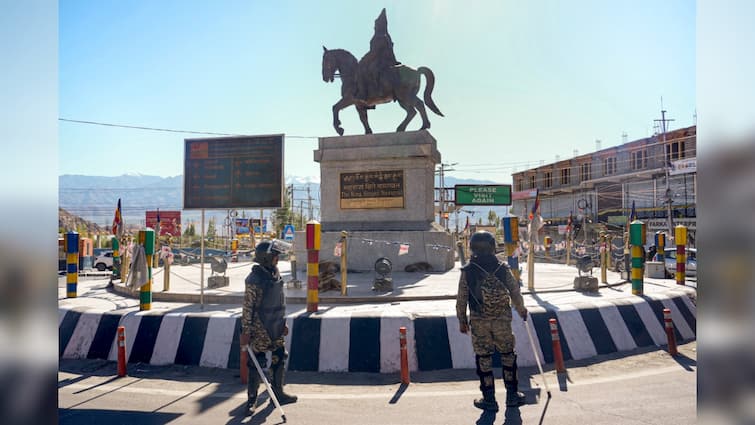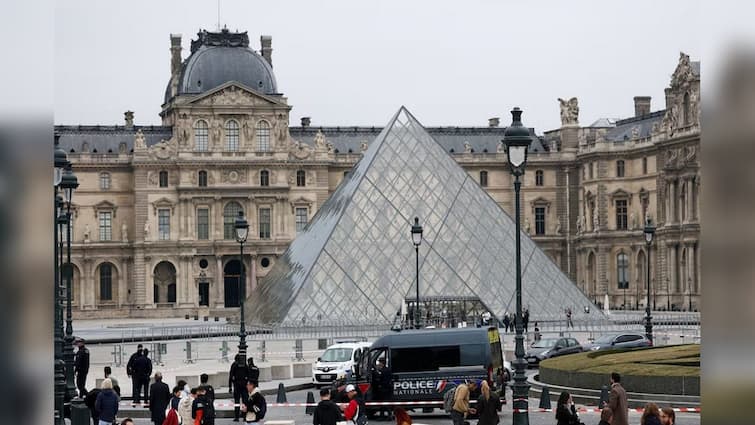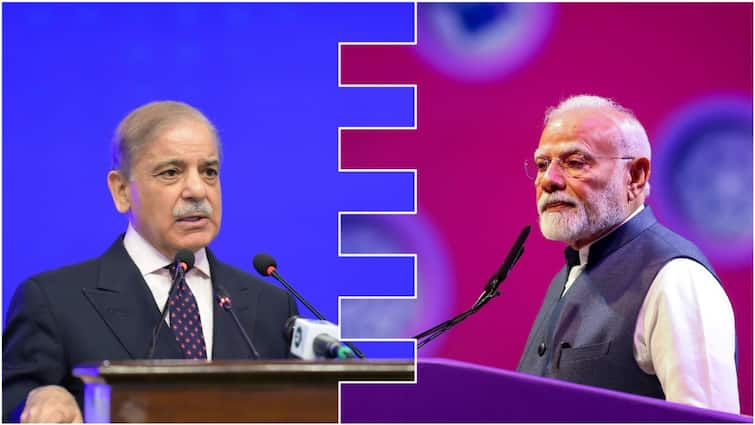
It has been ten days since the horrific terror attack in Pahalgam, Kashmir, that claimed the lives of 26 people on April 22, 2025. In this brief but intense period, India has mounted a multi-pronged offensive — diplomatically, strategically, and economically — against Pakistan, which is responsible for sponsoring cross-border terrorism.
PM Narendra Modi ensured that his message against terrorism reached the entire world. In a rare moment, PM Modi spoke in English during a public meeting in Bihar and said the last of the terrorists will be hounded till the end of the Earth and punished for what they did in Pahalgam.
India’s Retaliatory Measures Against Pakistan Since Pahalgam Attack
Beginning just a day after the attack, India took sweeping measures to isolate Pakistan on various fronts:
April 23: India suspended the Indus Waters Treaty, shut down the Attari Integrated Check Post, and revoked the SAARC Visa Exemption Scheme for Pakistani nationals. Diplomatic ties were sharply downgraded, with Pakistan’s defence advisors in India declared persona non grata and directed to leave within a week. The strength of the Pakistani High Commission in New Delhi was also halved.
April 24: India blocked access to the official X (formerly Twitter) account of the Government of Pakistan, tightening digital visibility restrictions.
April 25: The Indian release of Pakistani actor Fawad Khan’s upcoming film Abir Gulaal, co-starring Indian actor Vaani Kapoor, was cancelled.
April 28: A blanket ban on 16 Pakistani YouTube channels was imposed by India’s Ministry of Information and Broadcasting, citing the spread of provocative content. The list included channels of public figures like former cricketer Shoaib Akhtar and journalist Arzoo Kazmi.
April 29: Instagram accounts of several prominent Pakistani actors, including Hania Aamir and Mahira Khan, became inaccessible to users in India. Indian authorities also blocked social media handles of Pakistani drama channels like HUM TV and Geo Entertainment.
April 30: India closed its airspace to Pakistani airlines. This move could have major consequences for Pakistan’s aviation sector. Additionally, India deployed advanced jamming systems along its western border to degrade the GNSS signals used by Pakistani military aircraft.
Now, even global airlines are seemingly avoiding Pakistani airspace.
India’s Response To Pakistani Provocations In The Past
After the 2016 Uri attack, India launched a surgical strike in 10 days. Following the Pulwama attack in 2019, the Balakot air strike came within 12 days. Historically, India has often taken swift action within a span of five to ten days, as seen in the 1965 and 1971 wars, and the 1999 Kargil conflict.
Pakistan Suspends Simla Agreement
Meanwhile, Pakistan suspended the 1972 Simla Agreement on April 26, which had served as the foundational framework for bilateral peace and dialogue post the 1971 war. The move is seen by Indian officials as a formal confirmation of Pakistan’s decades-long breach of both the LoC ceasefire and the bilateral resolution clause of the agreement. Analysts have warned that this could escalate diplomatic brinkmanship and open the door to new tensions in the region.
Following this, Pakistan has repeatedly fired upon Indian troops along the Line of Control.
India’s Economic And Global Push
On the international stage, India has revived efforts to push Pakistan back onto the FATF ‘grey list’, highlighting its persistent role in terror financing. India is also lobbying against Pakistan’s IMF aid packages, especially a new $1.3-billion climate resilience loan up for evaluation on May 9, 2025.
Doonited Affiliated: Syndicate News Hunt
This report has been published as part of an auto-generated syndicated wire feed. Except for the headline, the content has not been modified or edited by Doonited




